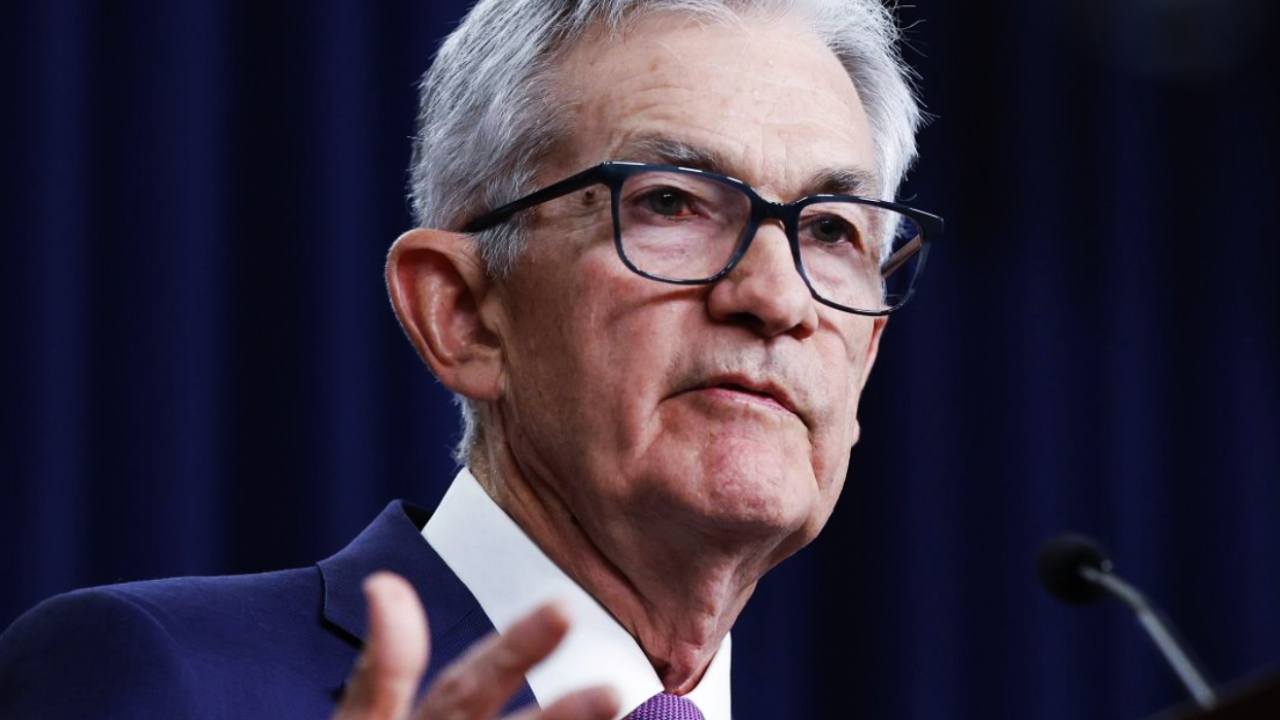The Federal Reserve, a cornerstone of the U.S. financial system, is facing unprecedented scrutiny as Federal Housing Finance Agency (FHFA) Director Bill Pulte calls for a congressional investigation into Federal Reserve Chair Jerome Powell. The controversy stems from Powell’s testimony regarding a $2.5 billion renovation of the Federal Reserve headquarters, with Pulte accusing him of deceptive statements and potential political bias. This situation raises critical questions about the Fed’s independence, transparency, and the broader implications for the economy. Understanding the nuances of this controversy requires an examination of the allegations, the motivations behind them, and the potential consequences for the financial system.
The Allegations: A $2.5 Billion Renovation Under Fire
The heart of the controversy lies in the Federal Reserve’s decision to undertake a $2.5 billion renovation of its headquarters in Washington, D.C. While infrastructure upgrades are often necessary, the sheer scale of this expenditure has drawn significant criticism, particularly in an era of heightened scrutiny over government spending. Pulte’s accusations focus on Powell’s testimony before Congress, where he allegedly misled lawmakers about the project’s details.
The Federal Reserve, though subject to congressional oversight, operates with a degree of independence to insulate monetary policy from short-term political pressures. This independence is crucial for maintaining economic stability, as it allows the Fed to focus on its dual mandate of price stability and maximum employment. However, this autonomy also makes the Fed a target for political and public debate, especially when large expenditures are involved.
The specific points of contention in Powell’s testimony remain somewhat unclear, but they likely revolve around the necessity of the renovation, the justification for the $2.5 billion cost, and the transparency of the bidding and contracting processes. Pulte’s characterization of the renovation as a “luxury” upgrade suggests that critics believe the project exceeds essential repairs and improvements. The Fed has historically been cautious about public spending, making this renovation particularly contentious.
Bill Pulte’s Motivations: Political, Policy, or Personal?
To fully grasp the significance of Pulte’s accusations, it is essential to consider his potential motivations. Several factors could be influencing his actions:
Potential Ramifications: Uncertainty for the Fed and the Markets
The call for a congressional investigation into Jerome Powell carries significant implications for the Federal Reserve and the broader financial system:
The Path Forward: Transparency and Accountability
Regardless of the outcome of any potential investigation, the current situation underscores the importance of transparency and accountability at the Federal Reserve. The Fed must be proactive in communicating its policies and decisions to the public and Congress, addressing legitimate concerns about its operations. Increased transparency can help build trust and confidence in the Fed, while accountability mechanisms can ensure that the Fed acts in the best interests of the public.
The Fed should provide clear and detailed justifications for major expenditures, such as the $2.5 billion headquarters renovation, and be responsive to inquiries from Congress and the public. Any investigation into Powell’s conduct must be conducted fairly and impartially, focusing on uncovering the facts rather than engaging in politically motivated attacks. The integrity and independence of the Federal Reserve are essential for maintaining economic stability, and any actions that undermine these principles could have serious consequences for the U.S. economy and the global financial system.
Conclusion: A Test of the Fed’s Resilience
The accusations against Jerome Powell represent a significant challenge for the Federal Reserve. The outcome of this situation will not only determine Powell’s future as Fed Chair but will also have lasting implications for the Fed’s independence, credibility, and ability to effectively manage monetary policy. This moment serves as a stark reminder that even institutions designed to operate outside the immediate fray of political battles are not immune to scrutiny and controversy. The Fed’s ability to navigate this challenge with transparency, accountability, and a steadfast focus on its dual mandate will be crucial for maintaining economic stability and preserving public trust. The resilience of the Federal Reserve in the face of this controversy will ultimately shape the future of monetary policy and the broader financial system.





